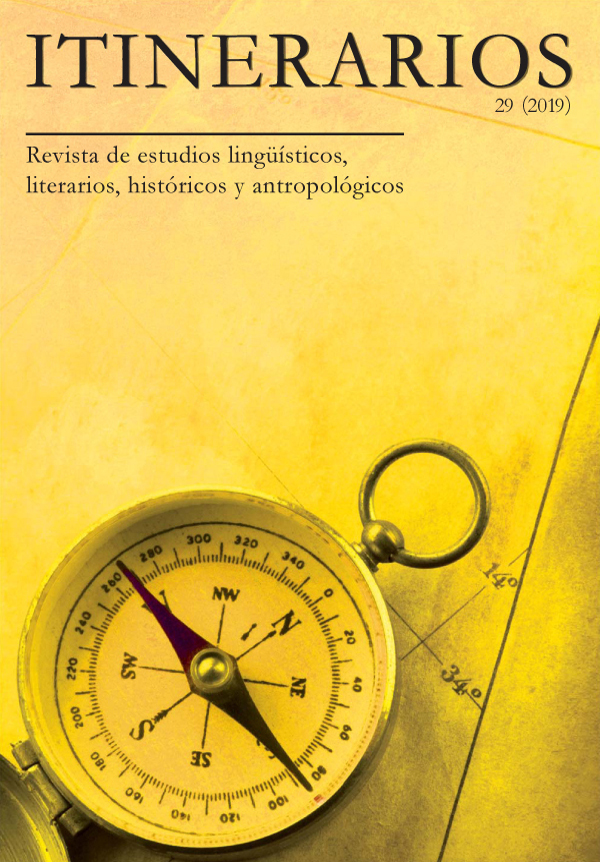Elecciones léxicas de los estudiantes polacos de ELE: ¿venir o llegar?
Lexical Choices of Polish Learners of Spanish FL: venir or llegar?
Author(s): Martin TestaSubject(s): Language studies
Published by: Instytut Studiów Iberyjskich i Iberoamerykańskich, Wydział Neofilologii, Uniwersytet Warszawski
Keywords: verbs of movement; SLA; TLA; lexical choices; Spanish L3
Summary/Abstract: The aim of this article is to analyze an issue that seems to be problematic for Polish students Spanish as a foreign language at all levels: the use of the verbs venir and llegar. These verbs tend to present difficulties both in their more prototypical meanings and in the use of locutions belonging both to Spanish and Polish (e.g. zajdzie daleko/llegará lejos). Two groups of students from the University of Warsaw (B1 and B2) were asked to translate 23 sentences which in Spanish would normally opt for either venir or llegar and, in this way, the following points were analyzed: a) What verbs do Polish students prefer when translating these sentences?, b) How do Polish students translate the prefixes do- and przy- when it comes to verbs of movement?, and c) How do the students translate non-prototypical meanings of the Polish equivalents of the Spanish verbs venir and llegar? The results suggest some improvement in the use of the verb llegar in the B2 group, but a backslide in the use of the verb venir by the same group, which points to the need for greater semantic awareness in terms of the Spanish verbs of movement even in advanced groups.
Journal: Itinerarios
- Issue Year: 2019
- Issue No: 29
- Page Range: 317-334
- Page Count: 18
- Language: Spanish

